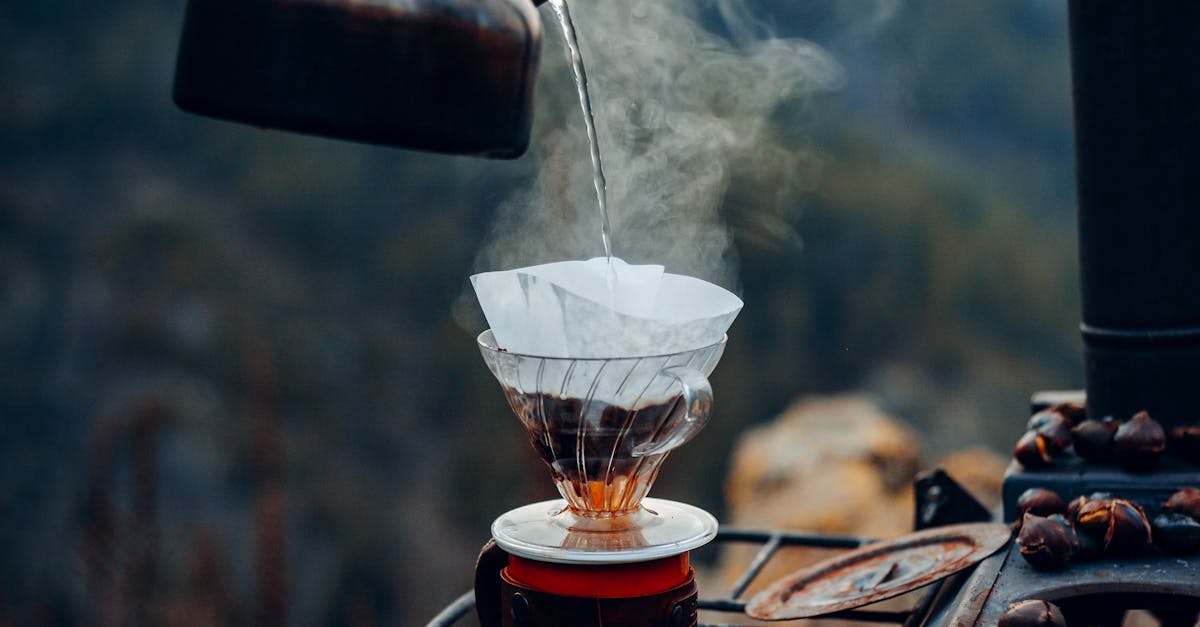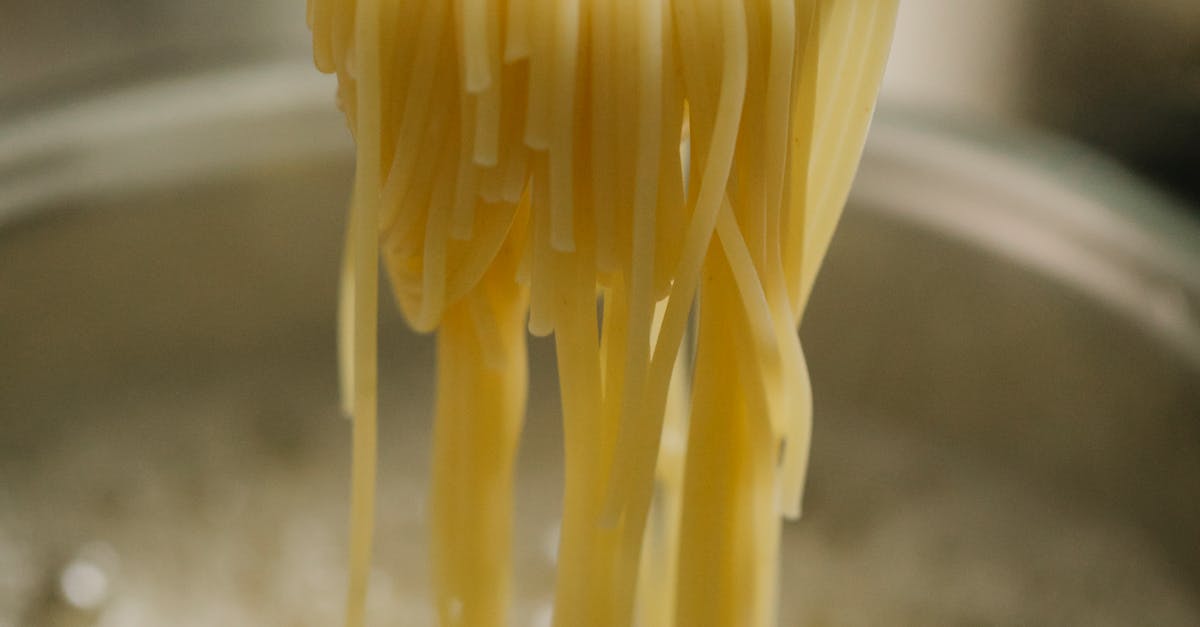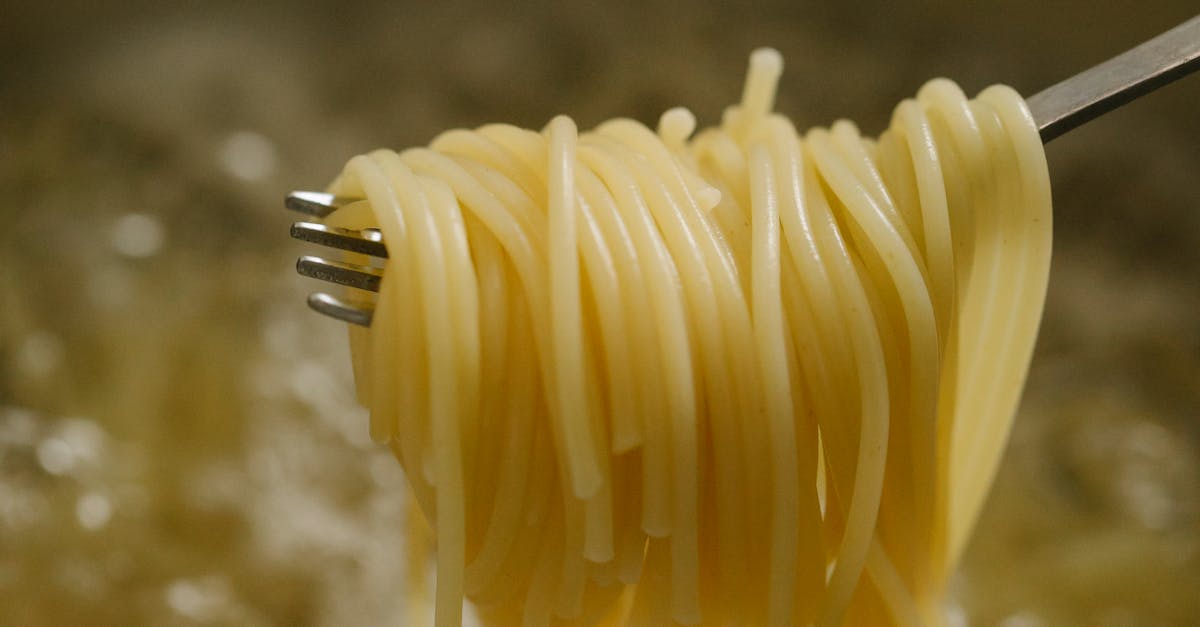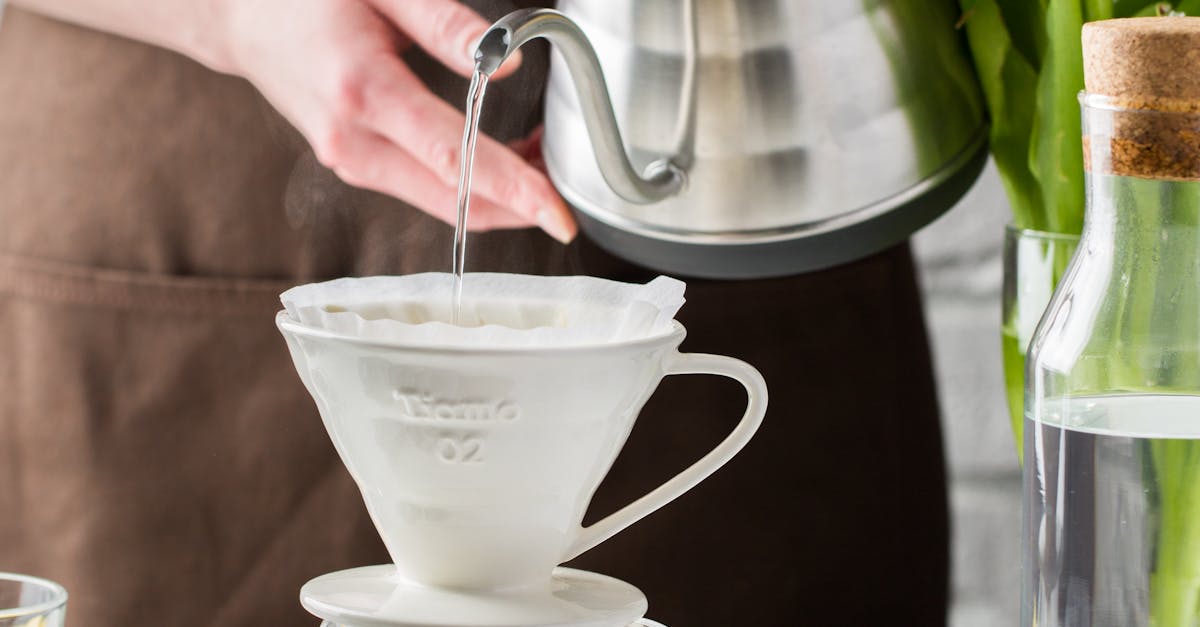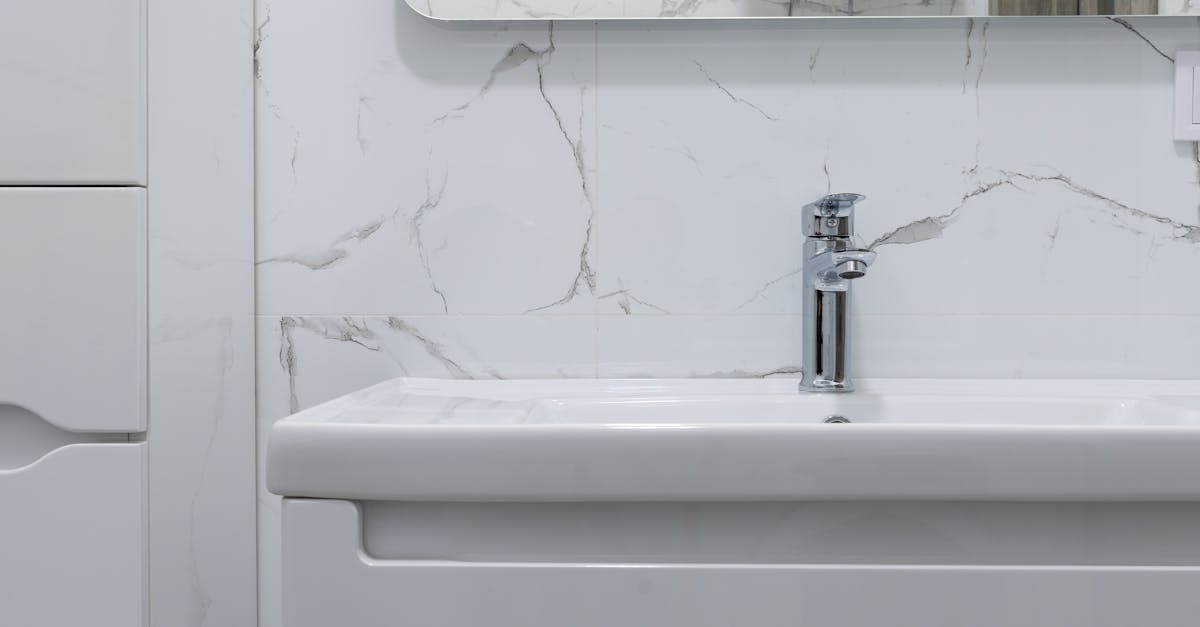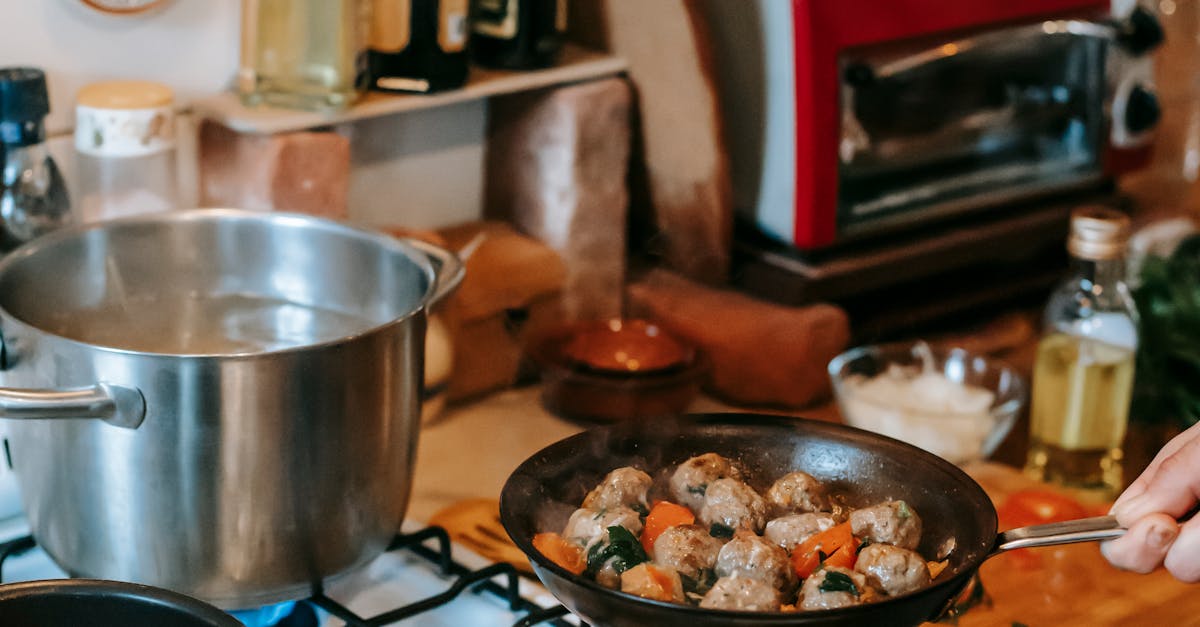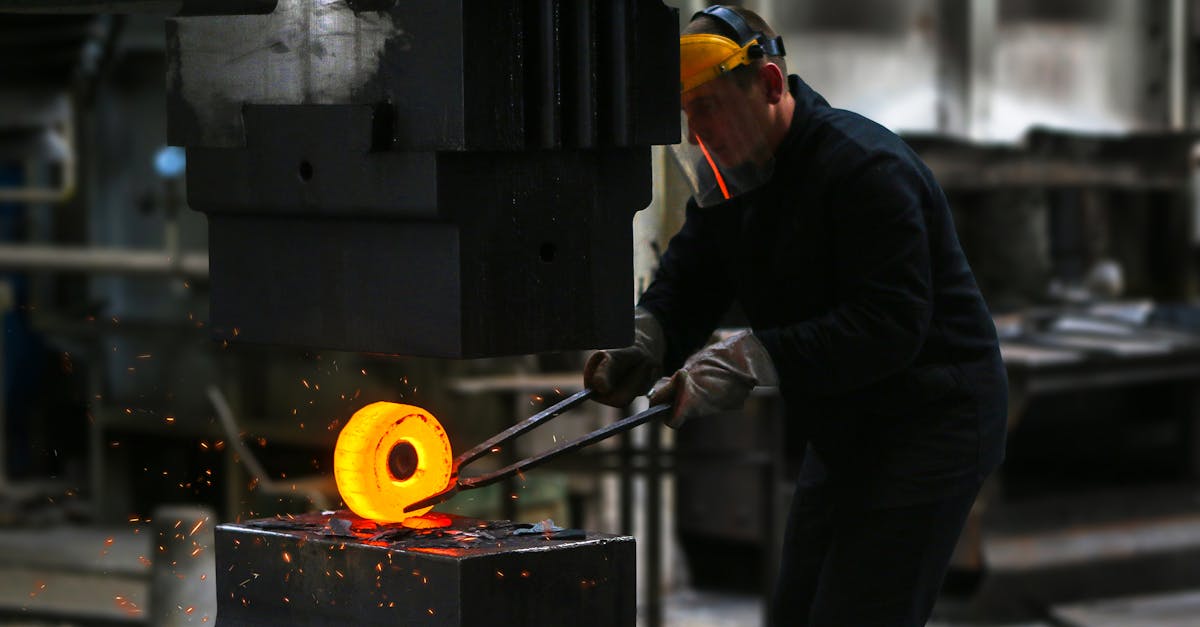
Table Of Contents
Professional Drain Clearing Services
Professional drain clearing services play a crucial role in maintaining the functionality of plumbing systems. These services utilise advanced equipment and techniques to effectively address stubborn blockages and ensure that drains are flowing freely. Trained technicians can quickly diagnose issues that homeowners might overlook, providing solutions that go beyond simple DIY fixes. Their expertise often results in a longer-lasting resolution, preventing future problems and potential damage.
Choosing to engage a professional for drain cleaning brings several advantages. The use of high-pressure water jetting and specialised cameras allows for thorough inspections and effective clearing of even the most persistent obstructions. This professional intervention not only resolves immediate issues but also contributes to the overall health of the plumbing system. Investing in these services can save homeowners time, money, and stress in the long run, ensuring optimal drainage performance.
When to Hire a Plumber
Recognising when to hire a plumber can save time and prevent further issues. If a drain is frequently clogging despite regular maintenance efforts, it may indicate a more serious problem that requires professional attention. A plumber is equipped to diagnose underlying issues that might not be easily visible, such as tree root intrusions or pipe damage. Drain cleaning at this level not only resolves the immediate blockage but also enhances the overall health of your plumbing system.
In addition to recurring clogs, consider seeking professional help if you notice foul odours emanating from your drains. Unpleasant smells can suggest that waste is decomposing in hard-to-reach areas or that sewage is backflowing. Such situations necessitate immediate intervention by a qualified plumber. Their expertise in drain cleaning ensures that any hidden problems are addressed promptly, reducing the risk of more extensive and costly repairs down the line.
DIY Drain Clearing Techniques
Homeowners often seek to engage in DIY drain clearing to save on costs and tackle minor blockages themselves. Common methods include using a plunger to dislodge clogs or employing a mixture of baking soda and vinegar for a chemical-free approach. This baking soda and vinegar combination creates a fizzy reaction that can help break down grease and grime. Implementing such techniques regularly can significantly improve drainage efficiency and reduce the likelihood of more serious blockages.
Another popular technique involves using a drain snake, which can reach deeper into pipes and remove stubborn blockages. A flexible drain snake can navigate bends in the plumbing system, making it an effective tool for clearing hair or debris lodged further along the pipeline. Homeowners should be cautious and avoid using harsh chemicals, as these can damage pipes and cause more issues down the line. Proper drain cleaning practices can extend the life of plumbing systems and prevent complicated repairs.
Safe Methods for Homeowners
Homeowners can adopt several safe methods for drain cleaning that do not require specialized tools or professional assistance. One effective approach involves using a mixture of baking soda and vinegar. Pouring a half cup of baking soda followed by a half cup of vinegar down the drain creates a fizzy reaction that can help dislodge debris. Allow the mixture to sit for about 30 minutes, and then flush the drain with hot water.
Another method involves the use of a plunger for minor blockages. Ensure there is enough water in the sink or tub to cover the plunger's cup. Position the plunger over the drain and create a vacuum by pushing down and pulling up repeatedly. This can help break up clogs without resorting to harsh chemicals that may damage pipes. Regular maintenance, including these techniques, can effectively minimise the need for more extensive drain cleaning tasks.
Consequences of Neglecting Drain Maintenance
Neglecting regular drain maintenance can lead to serious consequences that extend beyond mere inconvenience. Clogged drains can cause backups, leading to water pooling in unwanted areas. This situation can create unsanitary conditions, contributing to foul odours and potential structural issues. In extreme cases, untreated clogs may result in burst pipes or significant property damage, requiring extensive and costly repairs.
The health implications of ignored drains can be severe as well. Standing water can become a breeding ground for bacteria and pests, increasing the risk of illness. Regular drain cleaning is essential not only for maintaining the functionality of your plumbing system but also for safeguarding your home’s environment. Failure to address drainage issues in a timely manner can pose risks to both property and health, making it crucial to prioritise maintenance.
Potential Health Hazards and Damage
Neglecting proper drain maintenance can lead to significant health hazards. Blocked drains can cause stagnant water, creating an ideal environment for bacteria and pests. This can heighten the risk of infections and other illnesses, especially if contaminated water seeps into living spaces or the garden. Regular drain cleaning helps mitigate these risks by ensuring that waste and debris do not accumulate, thus maintaining a hygienic environment at home.
In addition to health concerns, the damage caused by overflowing drains can be extensive and costly. Structural issues arise when water seeps into walls and foundations, leading to mould growth and deterioration of materials. Repair costs can escalate quickly due to water damage, making regular drain cleaning not only a preventative measure but also a wise financial decision for homeowners.
FAQS
Who is responsible for clearing drains in residential properties?
Generally, homeowners are responsible for clearing drains on their property. However, if the blockage is in the main sewer line or beyond the property boundary, it may be the responsibility of the local council or water authority.
When should I consider hiring a plumber for drain clearing?
You should consider hiring a plumber if you experience frequent blockages, unusual smells, slow drainage, or if DIY methods fail to resolve the issue.
What DIY techniques can I use for clearing drains?
Common DIY techniques include using a plunger, a drain snake, or a mixture of baking soda and vinegar. Always ensure you follow safe practices when attempting to clear a drain yourself.
Are there any safe methods for homeowners to clear drains?
Yes, safe methods include using natural substances like baking soda and vinegar, hot water, and a plunger. Avoid using harsh chemicals, as they can be harmful to your plumbing and the environment.
What are the potential consequences of neglecting drain maintenance?
Neglecting drain maintenance can lead to severe clogs, unpleasant odours, water damage, and potential health hazards due to stagnant water or sewage backflow. Regular maintenance can help prevent these issues.

















